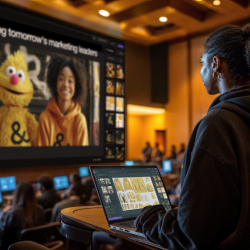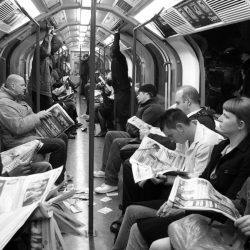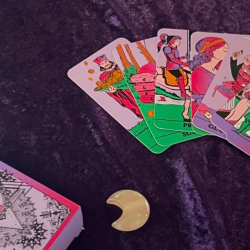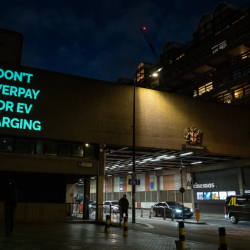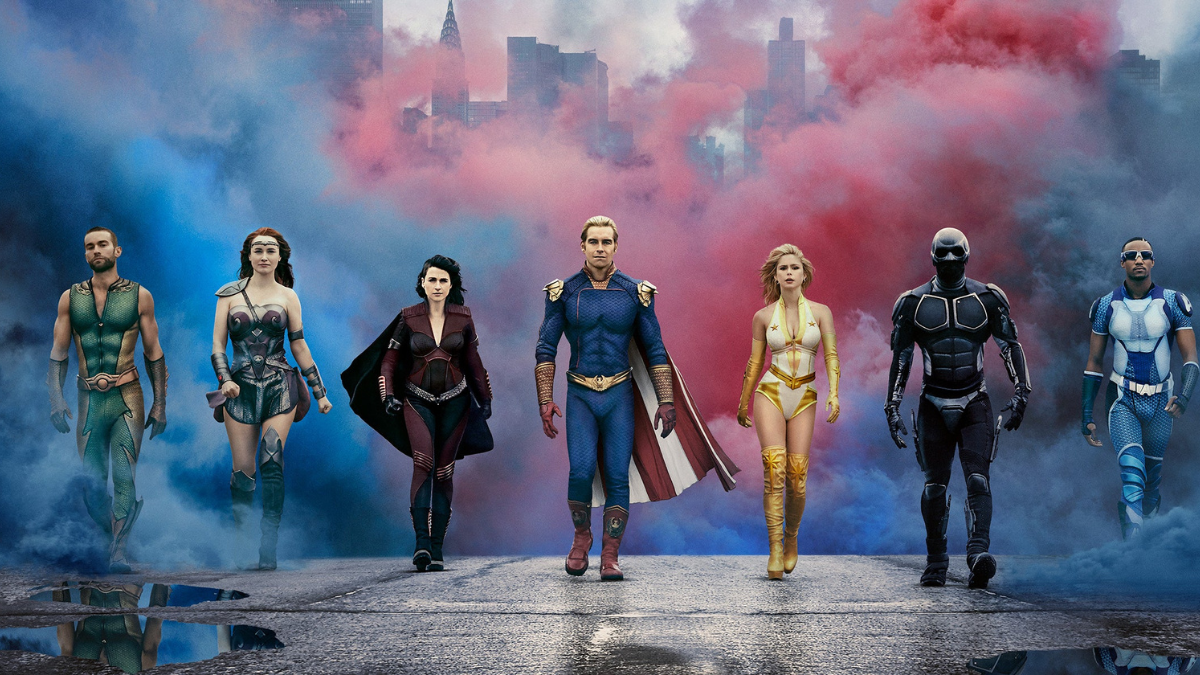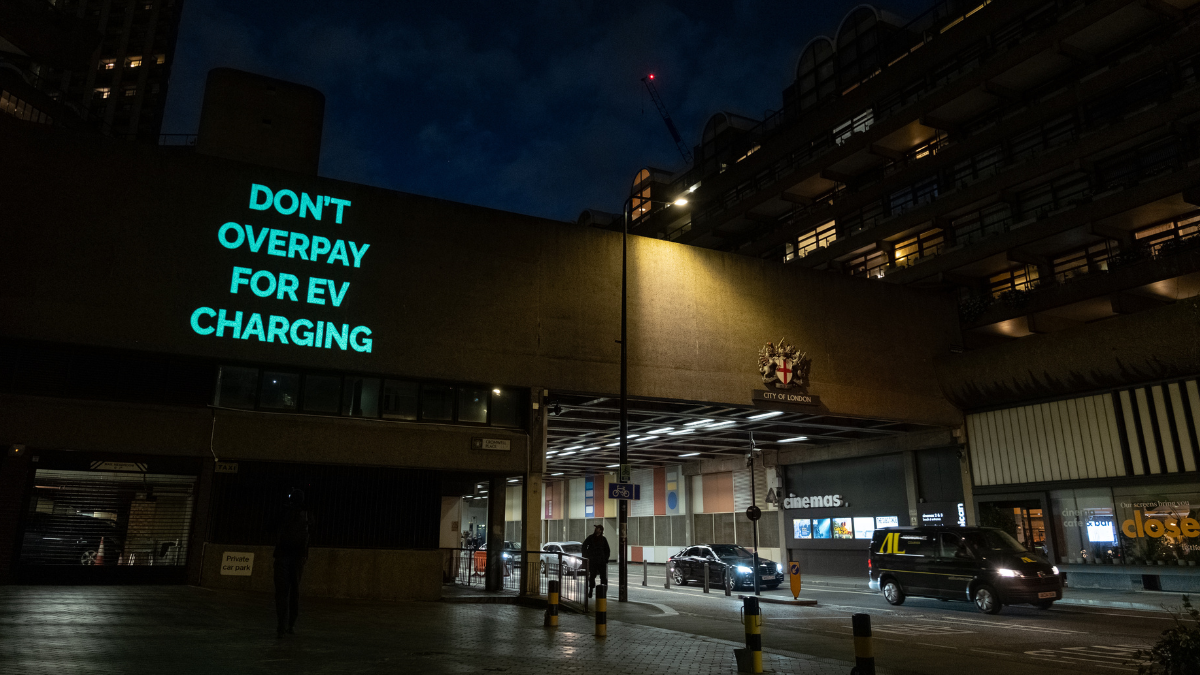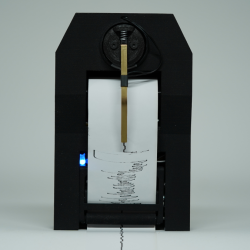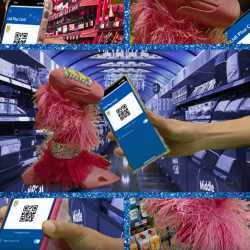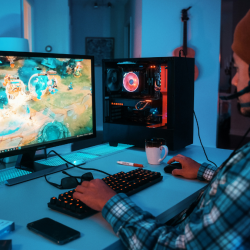If you’re anything like me, then the recent suite of teasers for Season 4 of The Boys has got you all of a quiver. With its liberal leaning into sex, drugs, f-bombs and lashings of the old ultraviolence, Amazon’s sleeper hit hasn’t just broken many comic book conventions, but vaporised them.
So what’s at the heart of The Boys’ success? It’s fearless, funny and flawed. In short, it’s human. Well, superhuman.
And while The Boys might be superhero storytelling at its most bombastic and extreme, this more reflective postmodern approach isn’t new. Back in 1986, Frank Miller published his magnum opus, The Dark Knight Returns, the graphic novel series that paved the way for the likes of Christopher Nolan, Zack Snyder, Joss Whedon and James Gunn to create stories about superhero protagonists that are complex, conflicted and imperfect. Unafraid to face the awkward, grubby truths about themselves and the societies they serve.
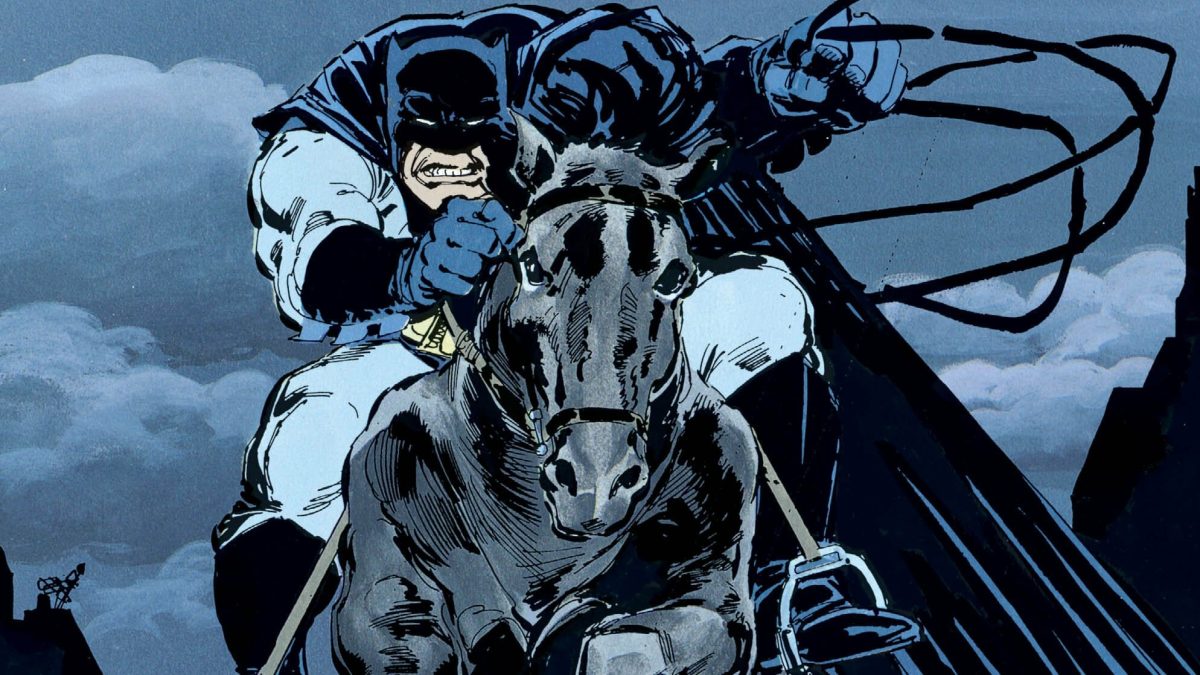
Indeed, today, honesty feels like the real superpower, because obfuscation is so simple and appealing. Convenient lies over uncomfortable truths — the harsh realities, private histories and dirty little secrets whose names we daren’t speak — but how can we hope to shape the future if we won’t fully engage with the present?
Maybe that’s why social media is so seductive.
Living the lie
While purporting to represent a window into our true selves and a glimpse into the real lives of celebrities and personalities alike, this has ended up, for many, as a means of creating — and perpetuating — a facade. At a very personal level, this helps spark a quest for ‘peerfection‘: performative posting, living your best InstaLife and furiously keeping up with the Joneses (even though the Joneses have a professional agency handling all their photography). A digitally filtered, ‘fake it till you make it’ attitude that quickly distorts reality, the truth rapidly becoming very subjective — a contributing factor for the rise of apps like BeReal and Gen Z’s reversion to ‘dumbphones’.
Indeed, a study by London’s City University in 2021 showed 90% of young women were filtering or editing the photos of themselves they posted to social media, while 90% of Snapchat users in the US, UK and France apply filters when using the app. This manipulation of one’s digital presence — the ‘residual self image’ popularised by the Wachowskis’ Matrix films — nods to a society unwilling to accept the truth in its most fundamental form, with technology the facilitator of a soft-focus lie.
This is my truth, tell me yours
Whether this hyper-personalised, daily distortion of the truth has contributed to a greater societal acquiescence to disinformation, it’s difficult to say, but social media has, without question, served as a breeding ground for fake news over the past decade. Polarisation and extremism, through echo-chamber communities that calcify preconceptions and perspectives. The fragmentation of the media landscape that encourages, facilitates and rewards unchallenged hyperbolic opinion.
What’s more, automated (or autonomous) misrepresentations of the world around us, through the likes of deepfake and generative AI, threaten to undermine the foundations of truth and erode our beliefs. Just a couple of months ago, an AI-generated image of Girl with a Pearl Earring sat at the top of Google’s search results for the term ‘Johannes Vermeer‘.
Although an obvious enough mistake to discern, that thought that technology could help make us all unwitting participants in a lie is certainly sobering.
Nobody’s perfect
The quest for truth is the basis of scientific advancement, artistic endeavour and societal progress. But to get things right, it’s vital we have the space (and the permission) to get things wrong. There’s no enlightenment without an acceptance of darkness.
Is our world too unforgiving to offer this leeway? Is weakness unwelcome, or the unvarnished truth too ugly to bear?
In a world where we demand transparency from brands, the courage to be wrong — in order that we can be right — feels like a vital step in the hero’s journey and the most postmodern of human superpowers.
Featured image: The Boys / Amazon Studio




